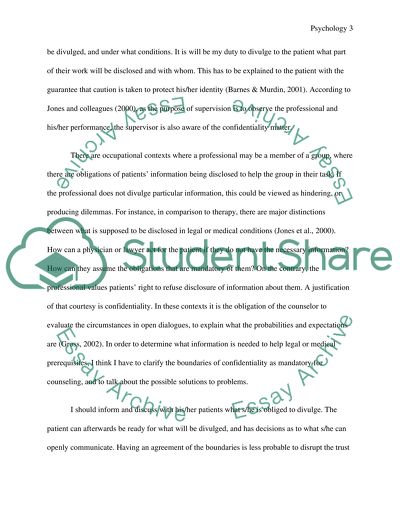Cite this document
(“Ethics in Counseling: Confidentiality and Bias Essay”, n.d.)
Retrieved de https://studentshare.org/psychology/1391292-ethics-in-counselling
Retrieved de https://studentshare.org/psychology/1391292-ethics-in-counselling
(Ethics in Counseling: Confidentiality and Bias Essay)
https://studentshare.org/psychology/1391292-ethics-in-counselling.
https://studentshare.org/psychology/1391292-ethics-in-counselling.
“Ethics in Counseling: Confidentiality and Bias Essay”, n.d. https://studentshare.org/psychology/1391292-ethics-in-counselling.


